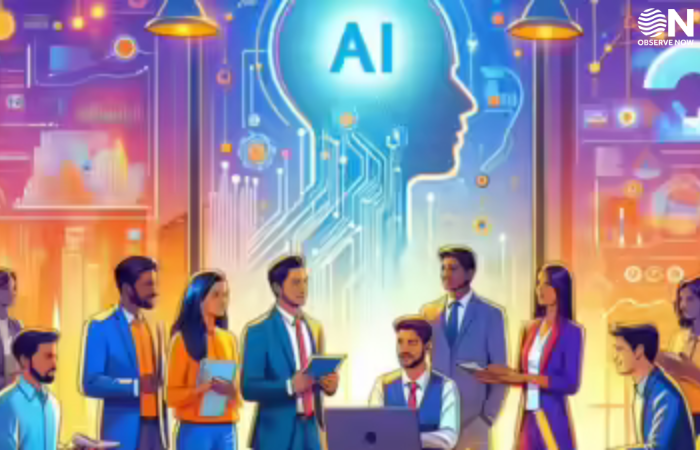Indian AI Startups Face US Visa Hurdles

Indian AI startups aiming to expand into the U.S. are confronting significant visa-related challenges, which are slowing their growth in one of the world’s most dynamic AI ecosystems. Entrepreneurs are reporting extended wait times for B1/B2 business visas, sometimes ranging from three to nine months, affecting their ability to meet clients, investors, and partners in the U.S. The O-1 visa, intended for individuals with extraordinary abilities, has also seen a slight increase in denial rates, creating further uncertainty for Indian founders seeking to establish a presence abroad.
These visa restrictions are reshaping how Indian AI startups operate internationally. Many companies are now hiring locally in the U.S. for business development roles while keeping engineering and technical teams in India. This strategy helps mitigate risks linked to visa delays and the potential reduction of programs like Optional Practical Training (OPT), which had previously allowed international graduates to work temporarily in the U.S.
Despite these hurdles, the United States remains a critical hub for AI innovation, funding, and networking. Startups are exploring alternative pathways such as the International Entrepreneur Rule (IER), which allows foreign entrepreneurs to remain in the U.S. for up to five years. While useful, this program is temporary and does not provide a direct route to permanent residency, meaning startups must plan carefully to balance immediate operational needs with long-term strategic goals.
Industry experts warn that unless visa processes are streamlined, Indian AI companies could face challenges in scaling rapidly, accessing cutting-edge talent, and forming crucial international partnerships. Nevertheless, the determination of these startups, combined with strong homegrown talent and innovative solutions, keeps them well-positioned to navigate these obstacles while continuing to expand globally.
The situation underscores the importance of flexible strategies for international expansion and proactive planning to ensure that Indian AI startups can thrive despite evolving U.S. immigration policies.
















